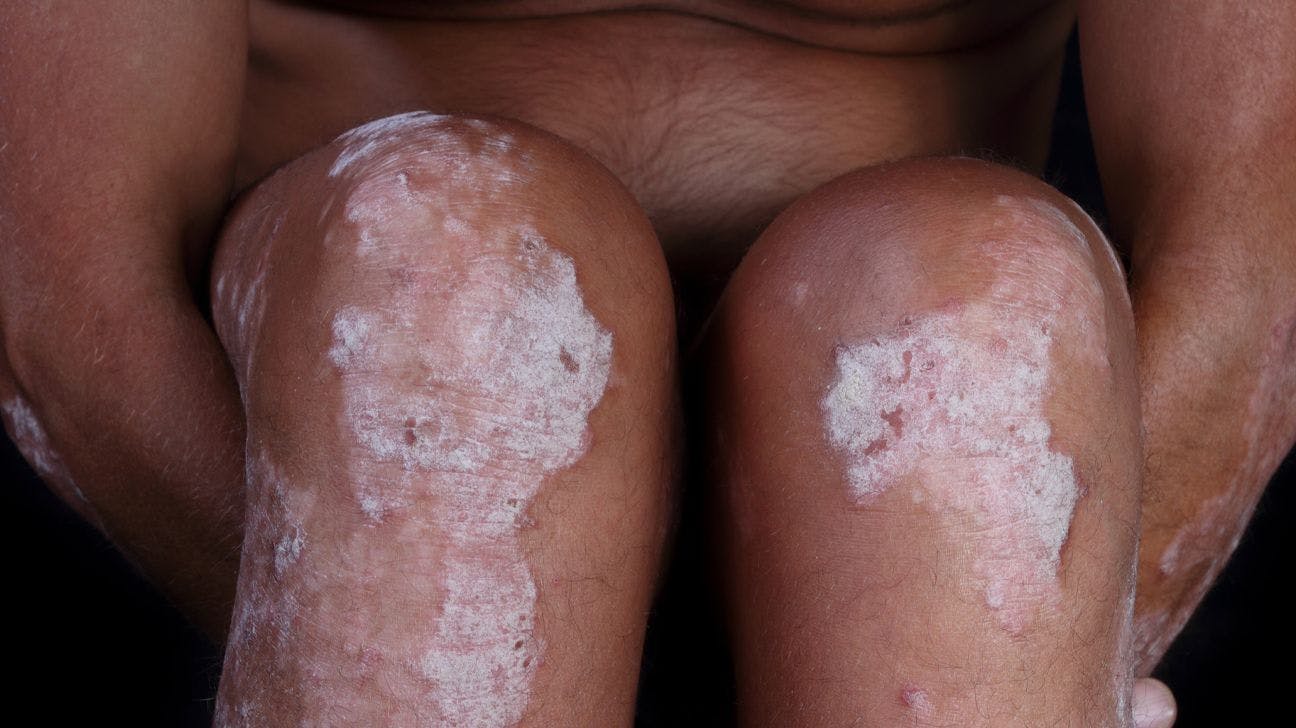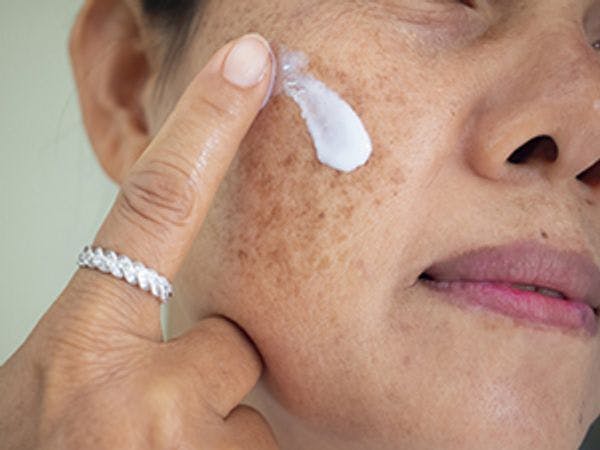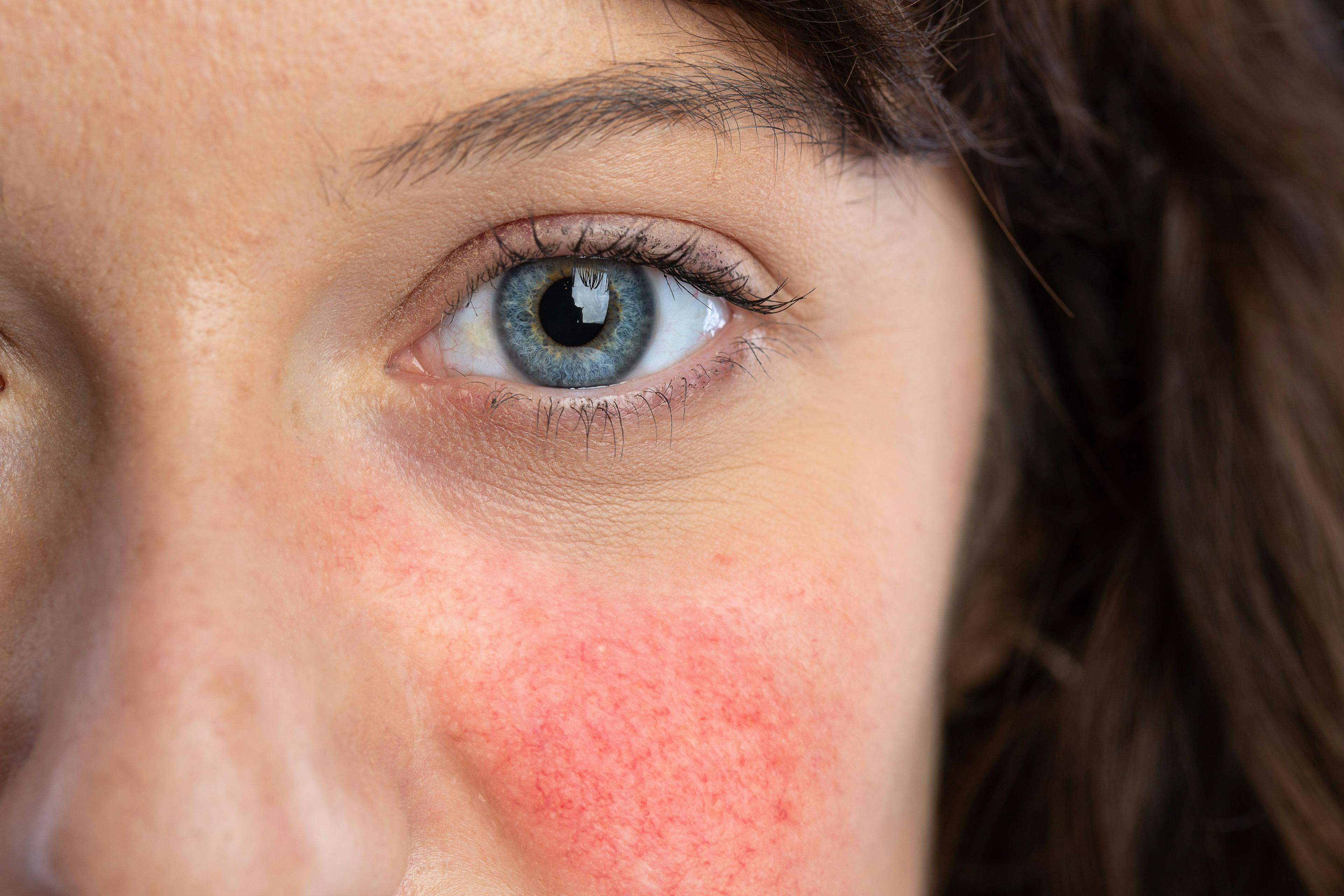- Acne
- Actinic Keratosis
- Aesthetics
- Alopecia
- Atopic Dermatitis
- Buy-and-Bill
- COVID-19
- Case-Based Roundtable
- Chronic Hand Eczema
- Chronic Spontaneous Urticaria
- Drug Watch
- Eczema
- General Dermatology
- Hidradenitis Suppurativa
- Melasma
- NP and PA
- Pediatric Dermatology
- Pigmentary Disorders
- Practice Management
- Precision Medicine and Biologics
- Prurigo Nodularis
- Psoriasis
- Psoriatic Arthritis
- Rare Disease
- Rosacea
- Skin Cancer
- Vitiligo
- Wound Care
Publication
Article
Dermatology Times
COVID-19 Vaccine Refusal: Grounds for Termination?
Author(s):
In this month's Legal Eagle column, David J. Goldberg, MD, JD, explores the legality of terminating an employee for refusing a COVID-19 vaccine.
Dr Flu ran a large dermatology practice before the coronavirus disease 2019 (COVID-19) pandemic began. He is just beginning to get back to where he was a year ago, when his waiting room was full of happy medical and cosmetic patients.
Early on he was very strict about the use of personal protective equipment and disinfectants, including masks, constant disinfection for staff, and temperature checking and mask requirements for patients—even though he practices in a state that has not been among the strictest regarding mask wearing and social distancing. Several employees and patients have tested positive for COVID-19 over the past year; however, there has been no evidence of spread within the office.
With the advent of COVID-19 vaccines, Dr Flu is seeing light at the end of the tunnel, and he immediately mandates that all his employees be vaccinated when they are available.
One employee refuses to do so. Dr Flu tells this employee that a condition for employment is that he be vaccinated. The employee, by way of his wife who is an attorney, says it is illegal to make such demands.
Dr Flu, nevertheless, fires the employee. The employee’s wife/lawyer files a legal complaint at their state department of labor. Dr Flu is upset. He feels the need to hire a lawyer to defend himself when, in fact, he is certain he did the right thing for both his employees and his patients. What will happen?
CONSIDERATIONS FOR EMPLOYERS
Dr Flu is not unique. Many companies are considering compulsory COVID-19 vaccination requirements as a condition of employment. Many labor and law employment attorneys
feel that under the law, an employer can force employees to get vaccinated, and if they don’t, the employer can fire them. Having said that, antidiscrimination laws would enable eligible employees to request an exemption from a company-wide COVID-19 vaccine mandate.
Companies now considering mandatory vaccination include not only health care facilities but also those in the food and beverage industries, which have been battered for months because of the pandemic and government-mandated lockdowns. A vaccine promises employers a return to some form of normal, which is desperately needed as businesses look to recover profits.
Some have argued that requiring employees to be vaccinated is not only wise from a health care perspective but also from a competitive business perspective. Such places of business could publicize to their customers or patients, “Our office/place of business is safe. All our employees have been vaccinated.”
According to Dorit Reiss, a professor of law and the James Edgar Hervey ’50 Chair of Litigation at the University of California Hastings College of Law, private businesses have extensive rights.
“Requiring a vaccine is a health and safety work rule, and employers can do that,” said Reiss. Many hospitals require medical staff to be vaccinated against influenza. It is no stretch of the imagination that similar requirements will be made for the COVID-19 vaccine.
Of course, there will be a few exceptions to this requirement. If a workforce is unionized, the collective bargaining agreement may require negotiating with the union before mandating a vaccine. This is not likely to be an issue in a dermatology office.
Antidiscrimination laws also provide some protections. Under the Americans With Disabilities Act, workers who don’t want to be vaccinated for medical reasons are eligible to request an exemption. In this case, an employer would have to provide reasonable accommodation, such as allowing the employee to work remotely.
In addition, under Title VII of the Civil Rights Act of 1964, if taking the COVID-19 vaccine is a violation of a “sincerely held” religious belief, such employees, too, would potentially be able to opt out.
It should also be noted that if Dr Flu does choose to mandate the COVID-19 vaccine, he will not be liable should an employee develop adverse effects from a vaccine. Instead, experts say that any claims would be routed through worker’s compensation programs and treated as an on-the-job injury.
Yet there will always be those who refuse. Rather than firing them, perhaps some physicians could require that employees complete an educational course that delves into trial efficacy data and the experience of participants.
The reality is that with few exceptions, Dr Flu can terminate his employee for not taking the vaccine.

Newsletter
Like what you’re reading? Subscribe to Dermatology Times for weekly updates on therapies, innovations, and real-world practice tips.






























